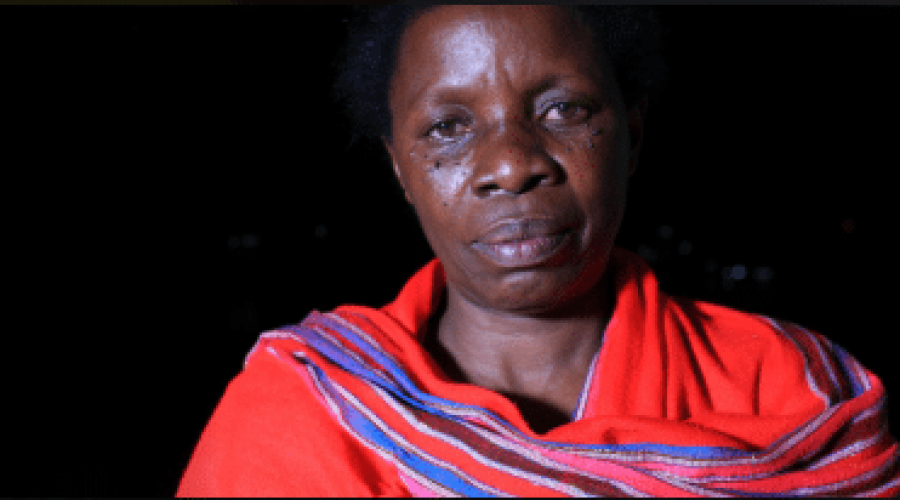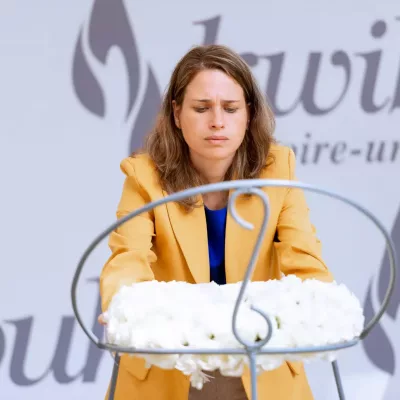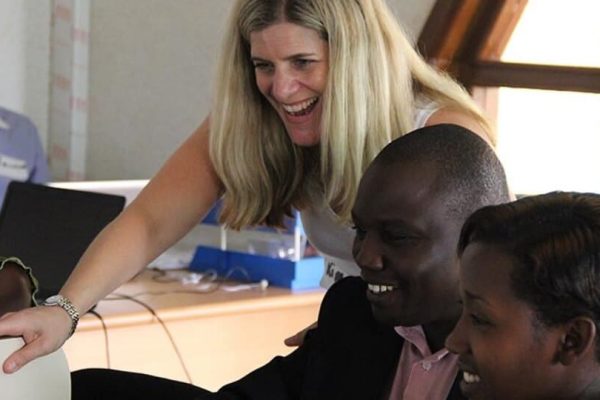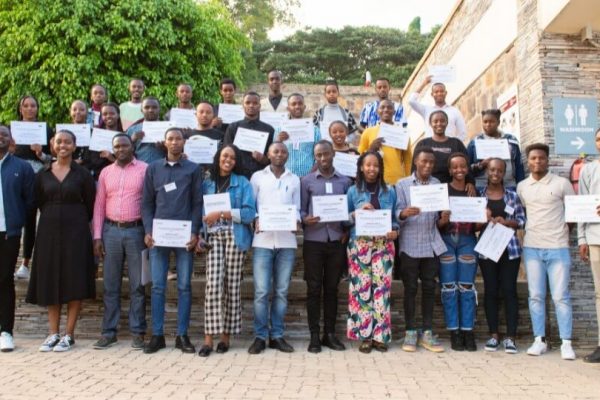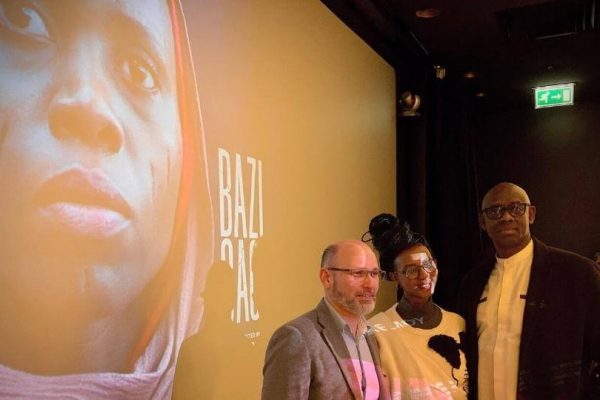Josephine Dusabimana offered up all she had in order to rescue others during the genocide against the Tutsi in 1994. With the little means she had, she shared her food, her space, her money, her goats, her strength, and, of course, the security of herself and her family.
The first person in her care was Fidèle, a man who chose to hide rather than trust in the false security of the stadium and churches toward which Tutsis were ushered by leaders- dictators, as Josephine calls them. She offered him her space, and when she encountered another man in danger during a trip to retrieve a beer for Fidèle, she invited him in as well.
From this point on, she embarked on an ongoing journey of determination in response to fearful loved ones, especially her husband who felt certain that they would be discovered and killed. It was this uneasiness that led Josephine to the tactic she often used- securing a boat to send those in their care to the relative safety of the former Zaire. Navigating such plans proved to be complex, especially as she attempted to enlist the help of others while keeping her actions a secret. This first time, she had to give up all her goats as payment to the boat’s handler. Even then, she could not rely on him to ensure their safety.
To care for the people she aided, even when sending them off, Josephine knew to give the men a small ball and instruct them to hand it to the boat handler when the journey was complete so that he could present the ball to vouch for their safe arrival when he returned to her. Yet these arrangements were to increase in difficulty. With a man and two girls in her care later on, she found her hometown empty of boats. Her eyes guided by God, she discovered a boat on Lake Kivu, chained up. With a hacksaw from her husband, she and her sons rotated cutting it off and playing loudly in the water to distract the attention of onlookers.
With a bag of food and instructions to help one another paddle quickly to leave Rwandan waters by daybreak for safety, she sent the man and the girls in her care off to Zaire. There, she later discovered, they sold the boat and connected with others to survive.
Josephine also bears the scars of a rescue attempt that did not end in success. She recalls in detail the day the gendarmes entered her house and shot a woman and the baby she was breastfeeding. It was during this incident, too, that Josephine’s husband received the kick that would eventually lead to his death. She always mourns not only his death, but also the fact that it occurred before he could learn the truth, that their choice to hide people need not elicit fear.
Josephine’s strength continually met challenge, even after the genocide but she was always prepared to move forward. This is likely due in part to the hope she’s found in her own future and in those she rescued. She recently saw some graduate from University, others saved in her home showed their gratitude by ensuring her improved life by bringing her electricity, renovating the house, gifting her with a cow, and ensuring she never lacks food.
Though Josephine has today gained a better living situation and the respect she had lacked due to her socioeconomic status, her character has remained constant. Her actions arose from her value of each person.

